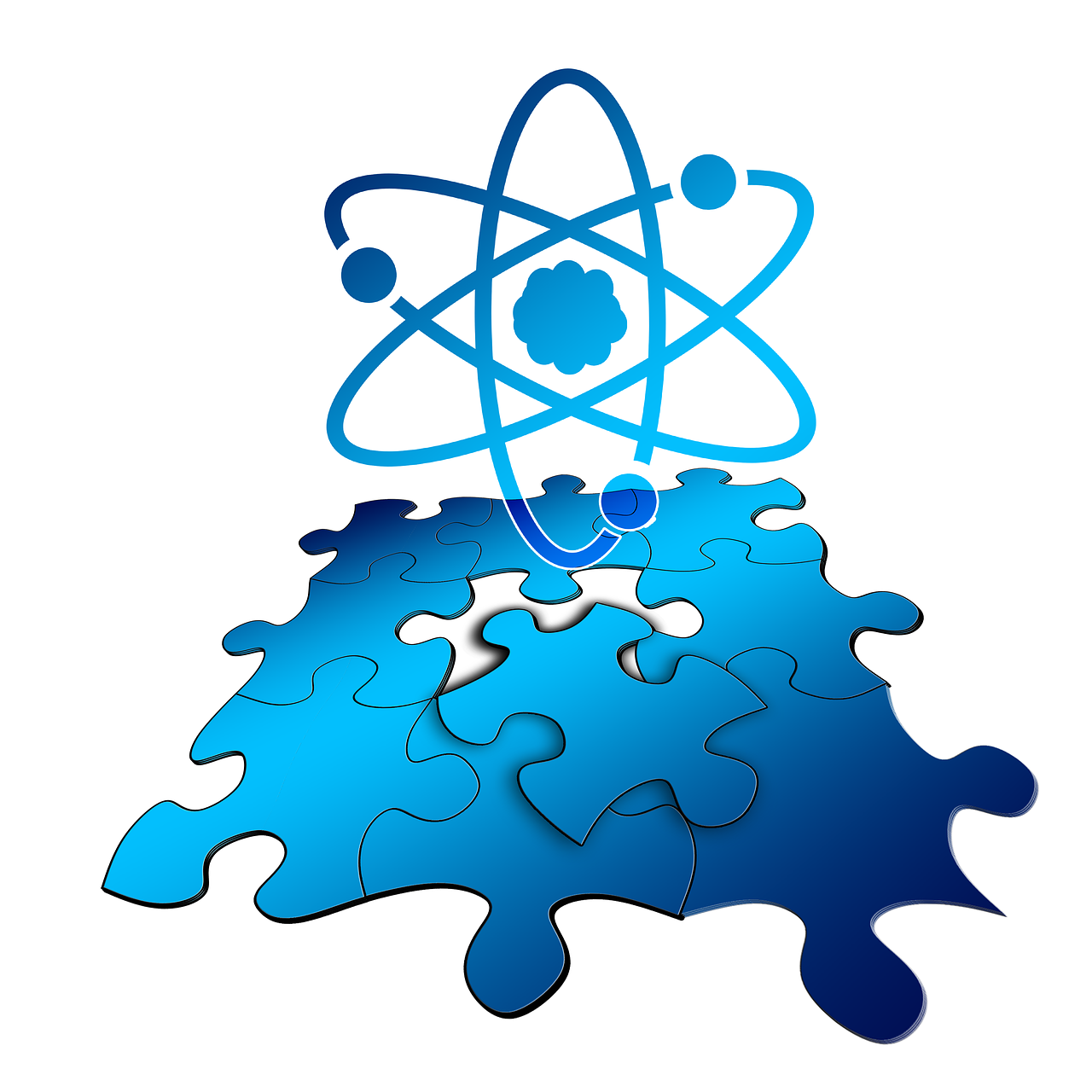As climate change wreaks increasing havoc on the world, alternative energy sources such as nuclear power become ever more attractive. However, since nuclear energy programs can be weaponized or used to transfer nuclear material to terrorist organizations and rogue states, their implementation can heighten regional tensions and undermine international relations. The recently established Shanghai Cooperation Organization (SCO) Energy Club provides an effective model for collaborative nuclear energy development, offering members the opportunity to cooperatively develop domestic nuclear programs and reduce carbon emissions, while simultaneously driving the development of nuclear energy worldwide and stabilizing Central Asia. This piece will analyze these opportunities, what they can offer the world, and the role China plays as an enabler.
The SCO is a group formed in 2001 that currently includes China, Russia, Kazakhstan, Kyrgyzstan, Tajikistan, Uzbekistan, India, and Pakistan. While its founding purpose was to maintain peaceful border relations between its member states, the SCO’s mandate has since been expanded to include cooperation on counter-terrorism and intelligence sharing. Russia proposed the creation of an internal cooperative energy body in 2006, but lack of consensus over the precise nature of the club prevented it from beginning operations until 2013. The SCO Energy Club ultimately secured the support of all eight member states by allowing its members to freely join and leave the project. Additionally, SCO observer states Iran, Mongolia, Afghanistan, and Belarus, as well as dialogue partners Turkey and Sri Lanka, bring the Energy Club’s total membership to fourteen. The Energy Club’s official objective is to provide a forum for the discussion of energy cooperation between the states, proposal of new projects, and resolution of problems in energy transport, production, and consumption. Despite being nonbinding and still young, the Energy Club provides a valuable framework for robust energy cooperation between states.
The Energy Club members have already made significant progress in promoting nuclear energy cooperation. In particular, China and Russia have helped other countries develop their nuclear programs by exporting reactors. China has established deals to construct reactors in the United Kingdom, Argentina, Romania, Iran, Pakistan, Turkey, South Africa, Kenya, Egypt, Sudan, Armenia, and Kazakhstan. Russia exports even more reactors, with the value of foreign orders reaching $133 billion in 2016. According to the World Nuclear Association, Russia currently has plans to construct over twenty reactors abroad (in addition to those already built for Energy Club members including China, Iran, India, and Belarus). Meanwhile, states like Kazakhstan and Uzbekistan fulfill a critical role by supplying uranium. For example, in 2015, Uzbekistan exported $222 billions’ worth of raw uranium to China. In 2014, Kazakhstan exported 55% of its gross uranium production to China, and the two countries agreed to jointly establish a fuel production center.
While a robust nuclear trade network in Asia fosters faster development of atomic energy, it can also create new risks. For example, because nuclear fuel is shipped over land routes, non-state actors can exploit weaknesses in regional security to intercept shipments for use in weapons of mass disruption. Thus, sustainable and safe nuclear cooperation hinges on the parallel development of an effective security environment. The SCO’s counter-terrorism mechanisms and security drills have already made progress in tightening regional security, and SCO investment in infrastructure development can promote the economic vitality that undergirds overall regional stability.
Another proliferation risk arises from the possibility that countries with fledgling nuclear energy programs will choose to weaponize their technologies and sell or stockpile weapons-grade nuclear material. This proliferation risk can be mitigated by creating incentive structures that discourage weaponization. For example, in August 2017, the International Atomic Energy Agency opened the Low Enriched Uranium Bank in Kazakhstan, which provides countries low-enriched uranium fuel for power generation, obviating the need for these countries to independently operate enrichment facilities and thereby removing the temptation to use enrichment facilities for weapons-grade material production. China and Russia were key players in enabling the operation of the bank by negotiating the necessary transit agreements.
The Energy Club and its members have the potential not only to facilitate faster nuclear development and reduce proliferation risks, but also to help resolve existing nuclear problems, such as the Iranian nuclear question. Iran’s nuclear program is notorious for its suspected military applications, given analysis suggesting enrichment facilities at Natanz and Fordrow are too advanced for a simple energy program or other commercial purposes. Under the 2015 Joint Coalition Plan of Action, Iran transferred 11 tons of its low-enriched uranium to Russia in exchange for 136 tons of unenriched uranium from Kazakhstan. Additionally, Iran acquired the right to import 950 additional tons of uranium from Kazakhstan, to be enriched then sold back to Kazakhstan over the next three years. This type of import-enrich-export relationship offers a lucrative commercial application for Iran’s enrichment facilities, and incentivizes Iran to comply with the terms of the deal to avoid the loss of economic opportunity. If the agreement was expanded to include other Energy Club members with Uzbekistan and Kyrgyzstan as exporters and China, India, Pakistan, and Turkey as importers, Iran may be incentivized to fully dedicate its enrichment facilities to peaceful use, choosing massive economic gains over diplomatic isolation. Meanwhile, nuclear development in Asia would benefit from the stable and secure supply of enriched fuel. Overall, it would be a win-win-win scenario for the regional economy, environment, and security.
The SCO Energy Club, despite still being in its early formative stages, has already demonstrated its potential as a model for peaceful nuclear energy development in Asia. By leaning on its member states to cooperate on infrastructure development and regional security, generating opportunities that discourage proliferation and incentivize collaboration, and facilitating productive dialogue, the SCO Energy Club forges a brighter future for nuclear energy worldwide.
Jakob Lengacher is a research assistant at the Wisconsin Project on Nuclear Arms Control. He can be contacted at jakob.lengacher@yahoo.com.

